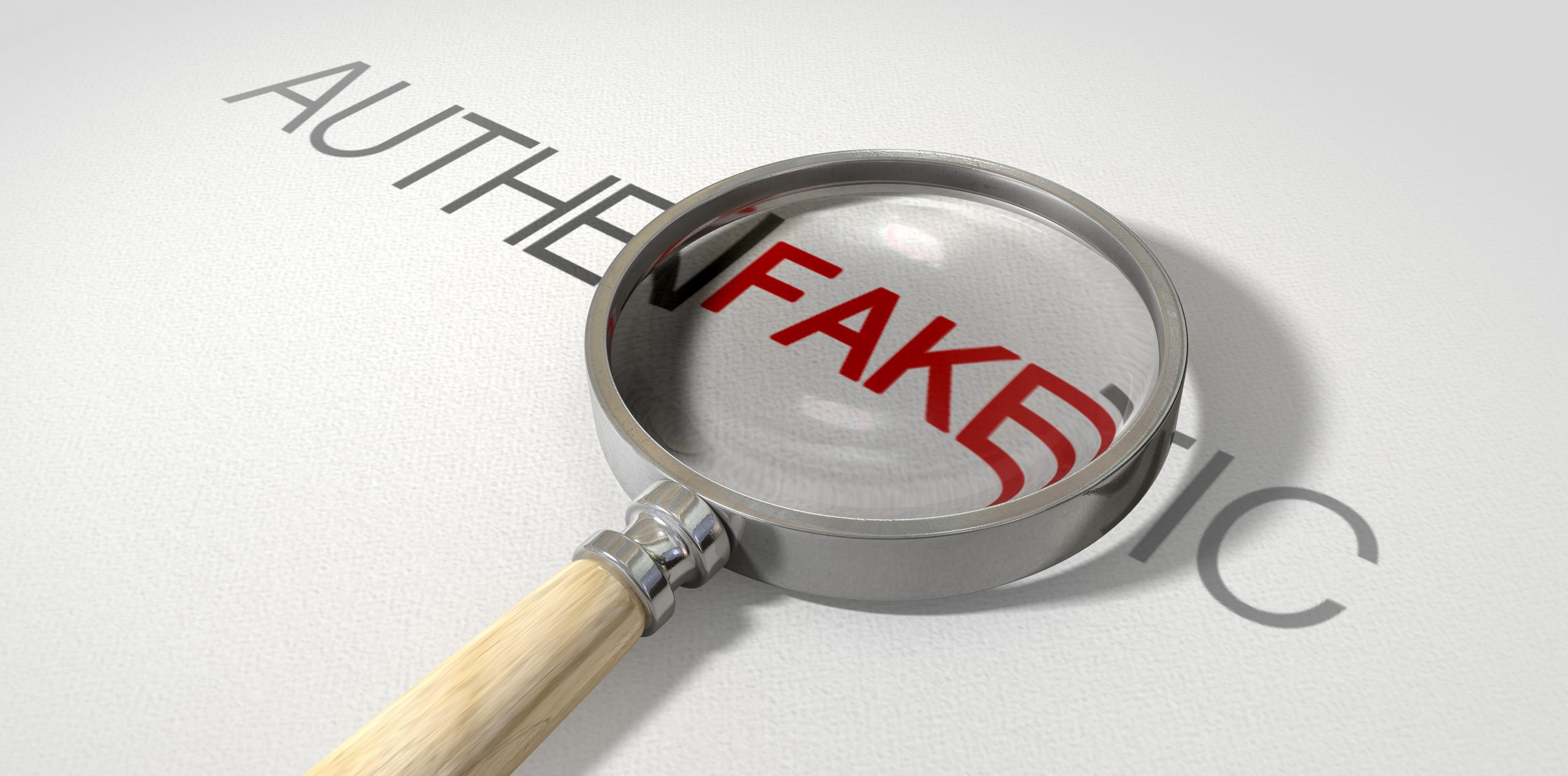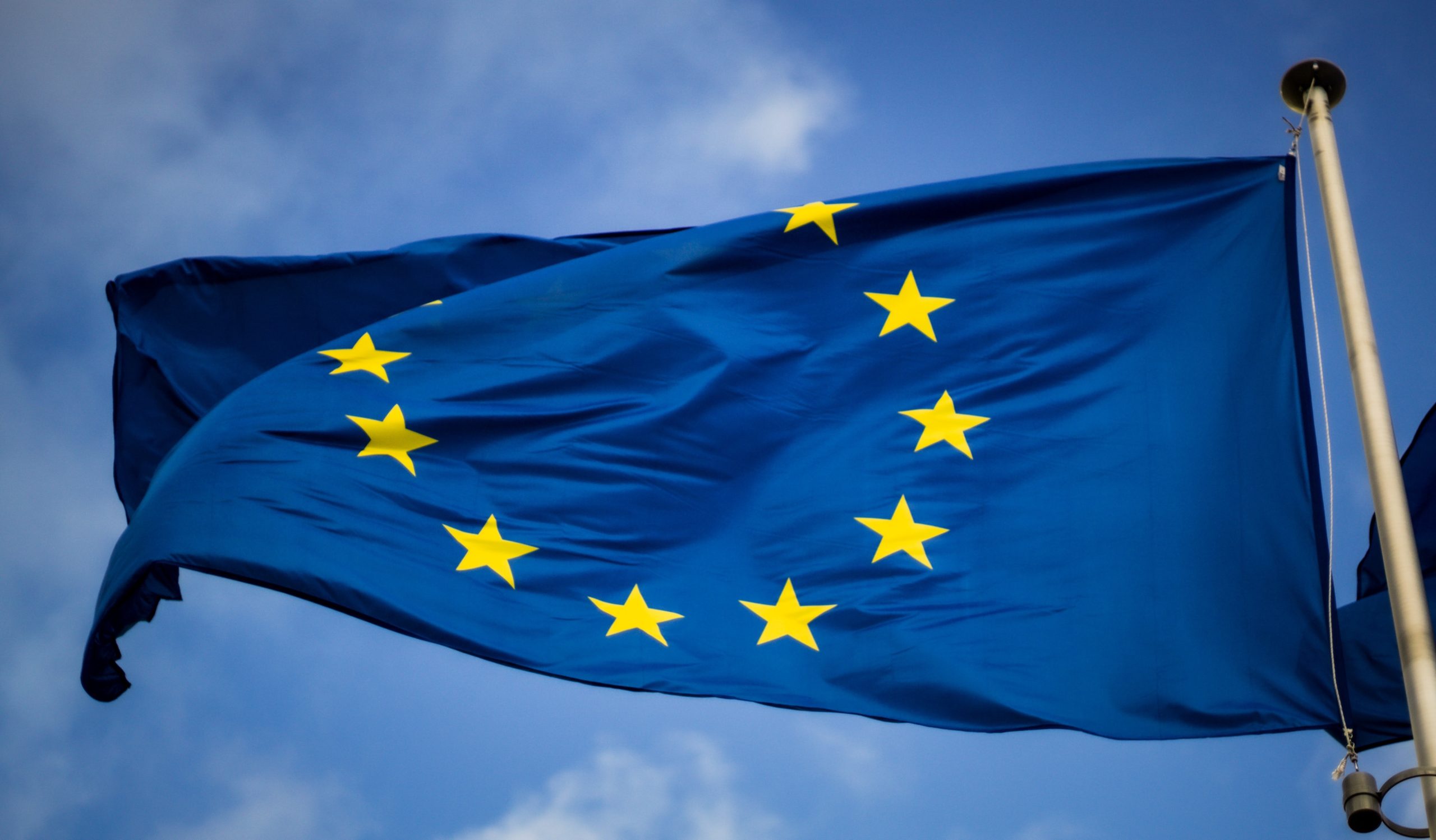The stakes in the Richard O’Dwyer extradition case in the UK were upped this week when Jimmy Wales, founder of Wikipedia, launched an online petition addressed to British Home Secretary Theresa May, seeking to stop O’Dwyer’s extradition to the US, where he is wanted on charges of copyright infringement due to the TVShack website that he ran which allegedly linked to material on third party sites which infringed copyright.
The current situation is that O’Dwyer, a 24 year old student at Sheffield Hallam University, is appealing against a decision of a magistrate from January 2012 which stated that he could be extradited, which was subsequently approved by Theresa May, and O’Dwyer is in the process of appealing against this decision.
The case has attracted the attention of many, including Jimmy Wales, based on two main issues: the extradition treaty that the UK has with the US and the perceived injustices which can occur under it; and the overzealous (to the point of being absurd) attempts to equate copyright infringement with serious crimes and to pursue alleged offenders accordingly, no matter where in the world they are.
The request for O’Dwyer’s extradition by the US is based on the controversial 2003 extradition treaty between the US and the UK, which has been criticised as being biased in favour of the US since it is easier to extradite a British citizen to the US than an American citizen to the UK. Furthermore, it permits the extradition of British citizens for conduct that occurred in the UK and which is not against domestic law, but is considered illegal in the US, and there is no reciprocity regarding American citizens committing acts in the US which are against UK law but not against US law. In addition, it is considered that the level of proof required for an extradition to the US is less than that of the UK, i.e. the US there to be information demonstrating probable cause, while the UK standard is one of reasonable grounds for suspicion. The American ‘probable cause’ is believed to be a weaker and more permissive standard than the British reasonable suspicion. Furthermore, the 2003 treaty removed the need for prima facie evidence for a UK citizen’s extradition, while in the US, American citizens are entitled to a court hearing before being extradited.
Another troubling element in this case is that O’Dwyer’s activities regarding TVShack occurred either in the UK where he was physically based, or in Sweden, which was the site’s purported base, and not in the US. Furthermore, he is not being prosecuted for any illegal activity in the UK, and so will be extradited as a British citizen, operating in the UK and Europe, for behaviour only the US judges criminal.
O’Dwyer is not the first Briton to have such unjust extradition proceedings against him. In recent years, scandal has also arisen regarding the cases of the “NatWest Three” (three UK citizens working in finance in the UK who were extradited to the US despite not being prosecuted in the UK), Gary McKinnon (another British citizen accused of hacking from the UK into US government systems) and Babar Ahmad (also a UK citizen, who has been in detention since 2004 without being convicted of a criminal offence and is fighting extradition to the US for alleged involvement in websites supporting Chechen and Afghan fighters, while there is not enough evidence available to prosecute him in the UK).
Regarding the substance of the case against him, O’Dwyer has been accused of two criminal offences, the criminal infringement of copyright and conspiracy to commit copyright infringement. His TVShack site was an intermediary, and so in theory ought to be able to benefit from ‘safe harbor’ provisions to absolve him from responsibility for inter alia copyright infringements committed by his site’s users. In Europe, the provision is found in the E-Commerce Directive, whose Article 14 states that an information society service provider is not liable for the information it stores on behalf of its users again if the provider does not have actual knowledge of the illegal activity or information; however, this provision does not prevent a court to require the provider to terminate or prevent an infringement. The legality of O’Dwyer’s conduct under UK law was indeed examined in the January 2012 hearing, and the judge ruled that he did not enjoy the protection of European law transposed into domestic law in section 17 of the 2002 Electronic Commerce Regulations because of the control he had over the links that were included on TVShack. Thus the TVShack case is distinguished from the 2010 TVLinks case, in which TVLinks was found to be a ‘mere conduit’ of information; presumably the difference between the cases is that O’Dwyer and his associates checked the links that were uploaded to TVShack, but TVLinks did not verify whether the links uploaded to it actually worked or not. The question of the extent to which TVShack was under an obligation once it had checked whether the links themselves worked then to investigate whether the material contained within the links did not infringe copyright then arises, but essentially the judge implicitly suggests this. In any event, it is claimed on the petition site in favour of O’Dwyer that when he received requests to remove content on his site by copyright holders, he complied and removed them.
Furthermore, the American ‘safe harbor’ provision, contained in Title II of the Digital Millennium Copyright Act whose section 512(b) provides that there is no responsibility if the service provider does not have actual knowledge that the material which infringes copyright actually does this and does not obtain a financial benefit as a result of the infringing activity, would seem not to be able to operate in O’Dwyer’s defence since TVShack did make a profit based on advertising on the site.
In any event, the use of the 2003 extradition treaty to extradite O’Dwyer for alleged copyright infringement via his site which made him $230,000 over three years (a fairly insignificant sum in terms of the profits of the corporate entertainment industry, presumably behind this attempt to prosecute and extradite) using advertising seems an overblown gesture. Despite the attempts of the copyright lobby to persuade governments that copyright infringements are extremely dangerous and damaging for society and the economy and the successes that this lobby has had in extending copyright terms, creating new and harsh criminal offences and getting governments to pour huge amounts of money into copyright enforcement, the truth is that copyright infringement is not as devastating an offence as terrorism, large scale drug dealing, violent crime or even serious financial crime, which presumably are the types of crimes for which extradition proceedings are generally sought. In any event, there is a grey area over the extent of ‘fair use’ defences for copyrighted material circulating online – perhaps the links to TVShack even if they contained material that was subject to copyrights could still fall under the fair use defence, and so not be infringing copyright.
An analogous case to O’Dwyer’s is that of Hong Kong-based MegaUpload and its founder, Kim Dotcom, who was arrested in New Zealand also for criminal copyright infringements alleged by the US authorities via MegaUpload, a file hosting and sharing website, although in distinction to TVShack, MegaUpload had revenues of $175 million. The US is attempting to have him extradited from New Zealand, however there is doubt as to whether this can happen for a criminal offence since MegaUpload had not formally been served with criminal papers by the US, possibly because the company is not located within the US’s jurisdiction and, the requirements for extradition from New Zealand being more stringent than the 2003 US-UK extradition treaty and the offences which Dotcom and his associates are accused of not being covered by the NZ extradition law. In addition, it is unclear that even if Dotcom was extradited to the US, his conduct could be considered to constitute a criminal infringement of copyright law.



1 Comment
Pingback: This week’s activity « angela daly